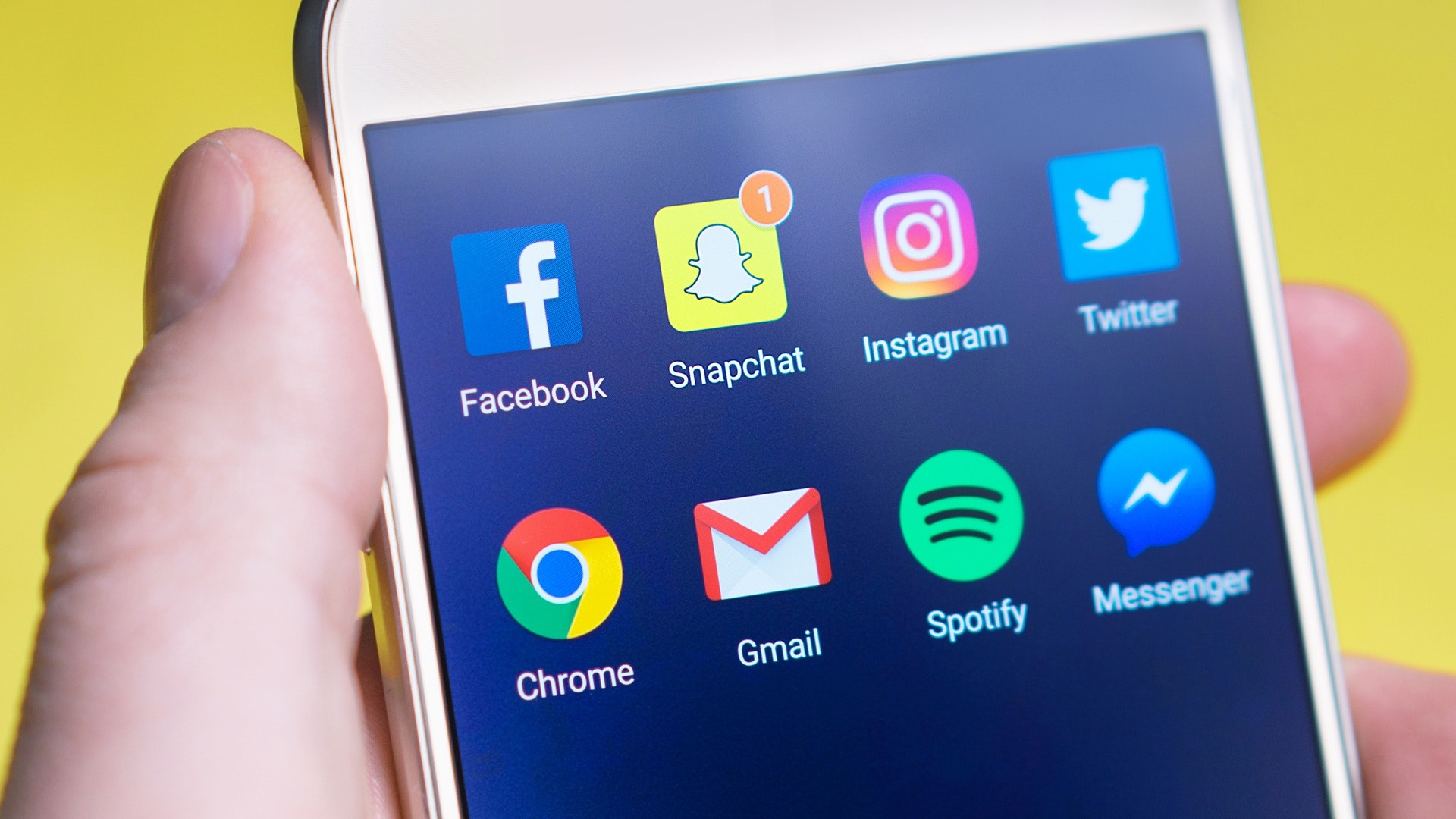41 states and the District of Columbia sued Meta on Tuesday, alleging the tech giant knowingly uses addictive features on Facebook and Instagram that hook children into using the social media sites. According to The Washington Post, the collective lawsuits – some filed jointly and others filed separately in federal, state or local courts – are the culmination of 2021 investigations into claims that the tech giant contributes to mental health issues among young people.
Faculty experts at the George Washington University are available to offer insight, analysis and commentary on these lawsuits, particularly on the impact of social media on children’s’ mental health and the addictive properties and measures of social media companies. To speak with an expert, please contact GW Media Relations Specialist Cate Douglass at cdouglass gwu [dot] edu (cdouglass[at]gwu[dot]edu).
gwu [dot] edu (cdouglass[at]gwu[dot]edu).
Vikram R. Bhargava is an assistant professor of strategic management and public policy at the George Washington University School of Business. His research centers around the distinctive ethics and policy issues that technology gives rise to in organizational contexts. He is interested in topics including technology addiction, mass social media outrage, artificial intelligence, and other topics related to technology policy and ethics. Bhargava authored a research article in Business Ethics Quarterly, titled "Ethics of the Attention Economy: The Problem of Social Media Addiction", which dives into why scholars, policy makers, and the managers of social media companies should treat social media addiction as a serious moral problem.
“Social media companies may claim they’re not intending to make their platforms more addictive and that they’re merely designing them to be more attractive,” Bhargava says. “Whatever their intentions may be, social media platforms are designed in a way to be addictive for children. This social media addiction raises ethics and policy concerns not raised by other addictive products (e.g., cigarettes or alcohol). Paying attention to how they are affecting our children and teens is of urgent importance.”
Mary DeRaedt is an assistant professor or counseling and human development at GW’s Graduate School of Education and Human Development. DeRaedt is a Licensed Professional Counselor (LPC) in Virginia and a Nationally Certified Counselor (NCC) with a Doctorate in Counseling and Supervision. She provides psychotherapy for people of all ages at the Gil Institute for Trauma Recovery and Education. Her doctoral work was completed at the George Washington University where she focused on effective treatments for children and adolescents coping with trauma, anxiety, non-suicidal self-injury, depression, behavior disorders and disordered eating. DeRaedt can discuss how social media, including Facebook, impacts and deteriorates adolescents’ mental health.
"Recent studies have confirmed what most of us in the field of mental health have already identified: social media is having a significant negative impact on the emotional health of adolescents. In my experience, the pseudo social interaction that these platforms provide mimics in person interaction but lacks all of the biological value of in person connection, including co-regulation of emotion, reduction in blood pressure and heart rate brought on by touch and much more," DeRaedt says. "Humans are hardwired to emotionally regulate in a social context, and without it, we end up with dysfunctional biological regulation. In other words, social media is increasing opportunities for intense emotion and decreasing access to natural healthy emotional regulation. The result is a natural increase in disorders of emotional regulation: depression and anxiety. If social media companies were aware of this impact and chose to do nothing to mitigate it, shouldn't we expect them to explain their choices?
-GW-






